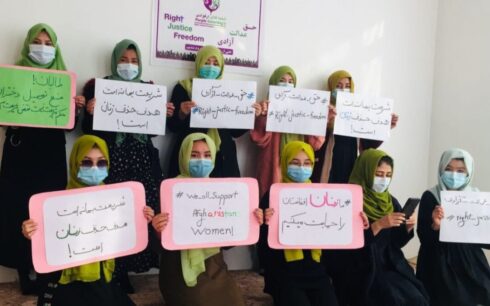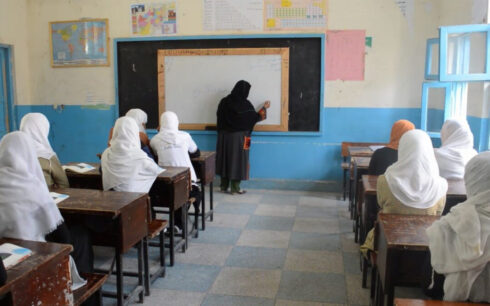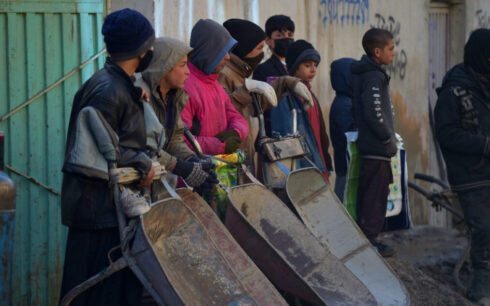The United Nations Assistance Mission in Afghanistan (UNAMA) has called on the Taliban to lift its restrictions on women and girls, cautioning that failure to do so could plunge Afghanistan into deeper poverty and isolation.
Since reclaiming control in August 2021, the Taliban has imposed severe restrictions on women and girls, severely limiting their basic rights and freedoms, according to a UNAMA statement. These measures include restricting access to secondary and most tertiary education, limiting employment opportunities, and curtailing freedom of movement.
Roza Otunbayeva, head of UNAMA, emphasized the contrast between the global International Women’s Day theme of “invest in women” and the reality in Afghanistan, describing the situation as a “catastrophic and deliberate disinvestment” harming women and girls and hindering sustainable peace and prosperity.
UNAMA expressed concern over recent Taliban crackdowns for alleged non-compliance with Islamic dress codes, which have led to increased isolation for women due to fears of arbitrary arrest. Feedback from Afghan women, gathered through consultations by UN Women, the International Organization for Migration (IOM), and UNAMA, has revealed a trend of declining hope and growing concerns for personal safety.
Afghan women have called for global support in advocating for inclusive governance with the Taliban de facto authorities, ensuring women’s active involvement in dialogues about Afghanistan’s future, and maintaining international assistance that directly supports women. Currently, over 12 million Afghan women require humanitarian aid.
Alison Davidian, Special Representative for UN Women in Afghanistan, warned that the shrinking space for Afghan women and girls is rapidly diminishing the country’s prospects of breaking free from a cycle of war, poverty, and isolation. She stressed the importance of keeping the plight of Afghan women and girls at the forefront of international concerns and actions, framing the struggle for their rights as a global battle for women’s rights everywhere.
The UN has previously reported that the Taliban has issued about 50 decrees adversely impacting women’s rights.





